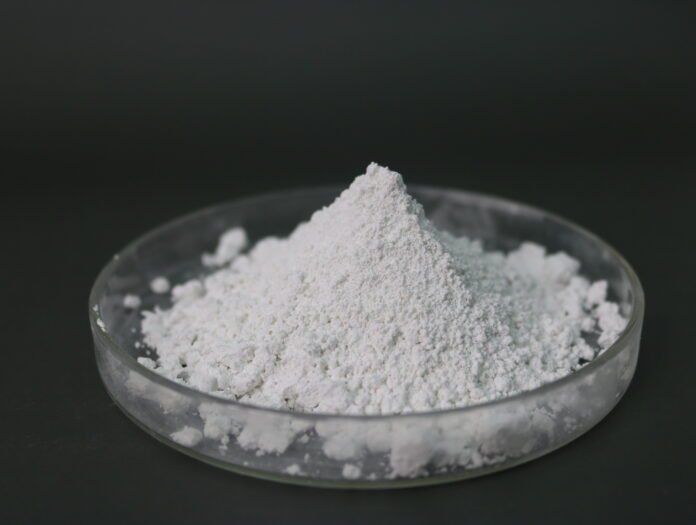Calcium carbonate can be used in various industrial applications like construction, papermaking, pharmaceuticals, and many other industries. It is a white, odorless, and water-soluble powder. Many industries find it valuable because of its many chemical and physical properties.
This article discusses calcium carbonate’s properties, manufacture, and uses in various industrial applications.
Calcium Carbonate Property
Calcium carbonate has important chemical and physical properties, making it useful in many industrial applications. These are just a few of the important properties of calcium carbonate.
Solubility: The calcium carbonate is sparingly water-soluble, making it suitable for applications where water insolubility may be desirable.
Responsivity: Calcium carbonate can react with acids. It is useful for producing calcium-based products and neutralizing acidic solutions.
Density: The density of calcium carbonate is very low. This makes it useful in applications that need to reduce weight.
Abrasiveness: This is calcium carbonate, which can be useful in applications like cleaning or polishing.
Calcium Carbonate
Calcium carbonate may be obtained from limestone, marble, and even chalk. The extraction and treatment of natural calcium carbonate sources is the best way to make calcium carbonate.
Calcium carbonate is extracted from natural sources by crushing and grinding the material. Chemical processing is performed to remove impurities and refine them. The calcium carbonate is then dried, ground into a fine powder, and used in various industrial applications.
Calcium Carbonate
Calcium carbonate can be used for many purposes in different industries. These are the most commonly used calcium carbonate applications:
Construction: Calcium Carbonate is used in construction. It produces cement, plaster, and concrete to increase its strength.
Papermaking: Calcium carbonate serves as a papermaking filler and coating. It reduces the need for pulp to produce paper by increasing its transparency.
Pharmaceuticals: Calcium carbonate is used by the pharmaceutical industry to neutralize stomach acid. It works to reduce acid reflux symptoms and stomach acid.
Food and Beverage: Calcium carbonate can be an ingredient in the food- and beverage industries. It is used to produce dietary calcium, color, and flavor enhancements.
Plastics: Calcium carbonate, a filler/extension in the plastics sector, is used. It is used to lower the cost of production as well as improve the mechanical properties and strength of plastic products.
Calcium Carbonate
Calcium carbonate offers many benefits over other materials in many industrial uses. These are just a few of the many benefits that calcium carbonate offers:
Cost-Effective: Calcium carbonate is an economical alternative to many other industrial materials, making it a favorite choice for manufacturers.
Not Toxic: Calcium Carbonate is non-toxic. It can be used in many different applications, including pharmaceuticals and food.
Eco-Friendly: Calcium carbonate is a naturally occurring material. This makes it an environmentally-friendly alternative to synthetics.
Conclusion
Calcium carbonate can be summarized as a valuable material widely used in many industrial applications. It is useful in many industries, including construction, papermaking pharmaceuticals, food and drink, plastics, and papermaking.
Calcium carbonate can be made from limestone and marble. Calcium carbonate has several advantages over other materials. They are cost-effective, non-toxic, eco-friendly, versatile, and versatile.
In many industries, calcium carbonate will play an important role over the coming years. Because of the growing demand for construction materials, paper products, and plastics, the demand for calcium carbonate should increase. A growing awareness of the benefits of calcium is expected to lead to an increase in calcium carbonate being used in food and beverage manufacturing.
